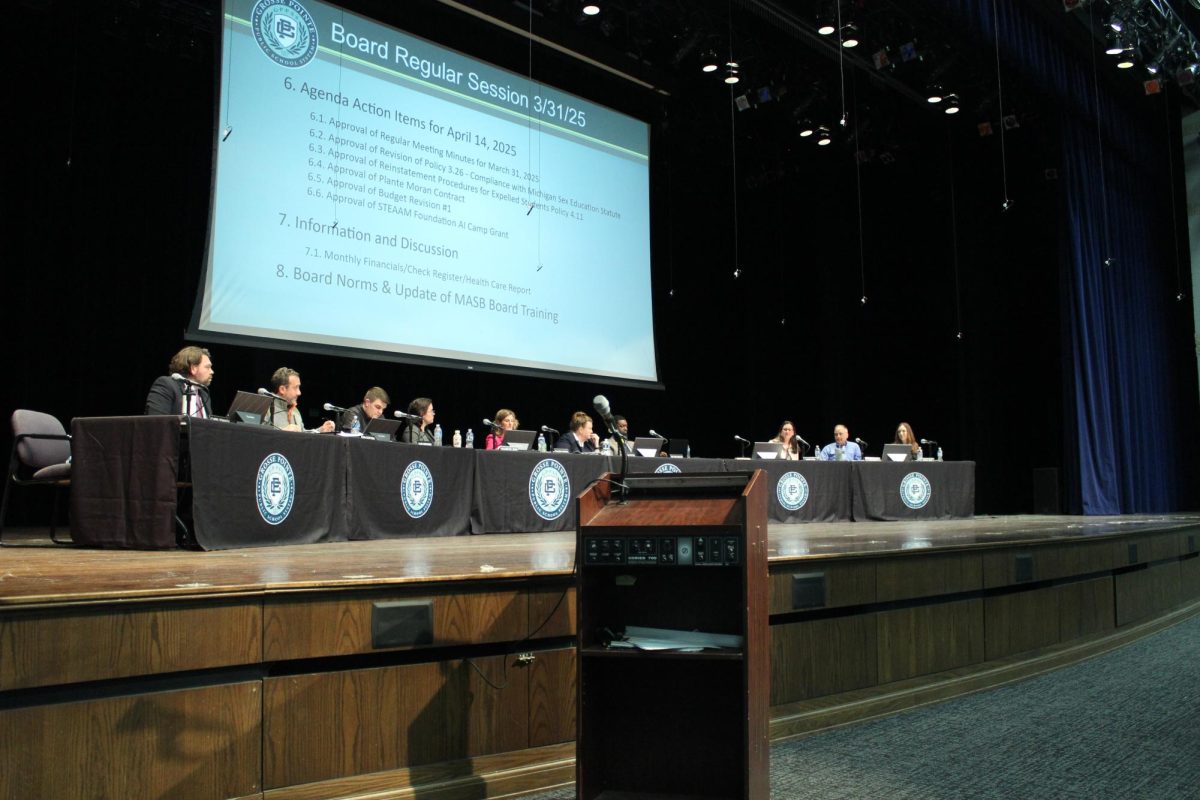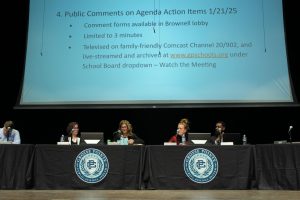Students conquer distractions at home with F2F return plan postponement
November 6, 2020

Students all over the country have been faced with a multitude of new changes due to the newest form of education. Zoom calls, online homework, the global pandemic and the uncertainty of the year’s progression are just a few of the things on many adolescent minds. Due to recent district decisions, the return to school has been postponed until further notice for high school students, bringing on another new set of challenges.
However, for some students, Remote Learning can be even more complicated and difficult if a student’s home environment is not ideal for this type of education, for any number of reasons, according to South counselor Gina Hawkins.
“It can be very hard to concentrate if you’re being constantly interrupted,” Hawkins said. “If you have younger siblings, pets or other noises and distractions, that can be challenging, especially in high school when you really have to pay attention to learn all the material.”
Social Studies teacher Kendra Caralis offered her perspective, advising students on ways to problem solve and ask for help.
“Students should absolutely reach out to their teachers,” Caralis said. “If a struggling student came to me, I would get the information I need to help them as much as I can. We would work together to find a solution. That being said, if a student doesn’t feel comfortable talking to a teacher, they should reach out to their counselor; it’s what they’re there for.”
Hawkins offered a number of suggestions to aid students in improving their unconventional educational experience, including emphasizing the importance of finding a routine that works for each individual student and is beneficial for learning.
“Make sure to keep a schedule and stick to it,” Hawkins said. “It’s important to manage your time and gauge what distractions might interfere. Don’t do your work at two in the morning and then be yawning and falling asleep during your Synchronous classes. This is still school.”
In agreement with Hawkins, Caralis also stresses the importance of organization during online school, especially when it is so easy to get behind.
“Each student needs to have a system that works for them,” Caralis said. “Assignments and deadlines need to all be in one spot for students to check off once they’re done. Set reminders and write things down to keep track. A lot of students seem to struggle with this, and it makes a big difference.”
According to Hawkins, students should find a location where they can do schoolwork without interruptions and distractions to reach maximum productivity.
“If possible, find a place to do work; preferably somewhere quiet,” Hawkins said. “If your parents let you close your bedroom door, work in there, but not on your bed. Try to set up a desk or table area. If you can, try to avoid high-traffic areas like the middle of the family room or kitchen where it’ll be noisy.”
Kennedy Mason ’21 said she is following Hawkins’ advice as much as possible, with a full household and schedule.
“I have three younger brothers; Will is 12, James is five, and Henry is three,” Mason said. “Luckily, it’s not too hard to find somewhere to work. I have a desk and chair in my room, so if I need time to focus I just close the door. I don’t have any huge responsibilities with them, just helping with their homework sometimes.”
Mason said she practices one of Caralis’ pieces of advice, which is to find a different time to do assignments that works better for each individual student.
“I usually end up doing my schoolwork at night,” Mason said. “I play soccer and field hockey, so I do it after those practices. My house is quieter then, and I have an easier time focusing.”
Caralis emphasizes the importance of communication with teachers and how much it impacts the educational experience for each student.
“We can’t help unless we know what is going on,” Caralis said. “It helps to hear what will help you. If a student came to me who said they were struggling and needed time to get back on their feet, the answer is always ‘absolutely.’”














































































